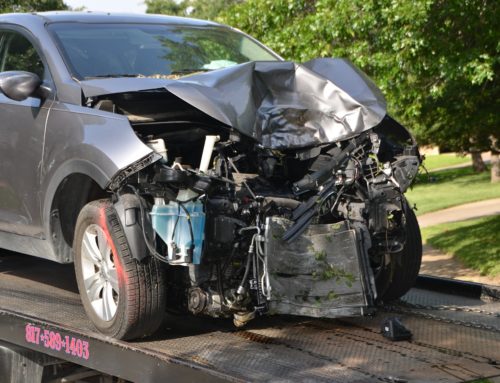The only way insurance companies make a profit is by collecting more money in premiums than they pay out in benefits. Make no mistake, insurance companies are for-profit businesses and are very good at manufacturing excuses for why they shouldn’t have to honor policyholders’ claims. Every insurance company will put their own best interests ahead of a policyholder’s with the goal of paying as little as possible, and ideally, nothing at all.
So where does this leave you? You know, or should know, that you should never lie to your insurance company — that would be fraud — but what you say and what you do does matter. Moreover, it could mean the difference between how much of an automobile accident is covered and what impact it will have on your premium.
One of the most important ways to get more money from your car accident settlements is to avoid making mistakes in the beginning. Most people are unaware of simple errors that can end up costing them thousands of dollars from their insurance claims.
Here are a few tips on what to say (and what not to say) to protect yourself when dealing with your insurance company in the eventuality of an accident.
- Never admit fault. Even if you are at fault, don’t offer up this information.
- Don’t give your opinion. The opinion of parties involved usually isn’t completely accurate and could hurt your case more than help it.
- Never leave the scene. Stay until the police arrive–even if it is your fault. The other party is likely to answer honestly with witnesses present.
- Document evidence. If possible, take photographs of the accident scene, vehicle damage, and injuries.
- Don’t describe the pain in your neck as “whiplash.” Insurance companies are hyper aware of scammers and claiming whiplash is a big red flag because it is unprovable.
Insure offers these additional points on what not to do after a car accident:
- Do not give a recorded statement to the other driver’s insurance company. It can be used against you later on. You want to control your case and the release of information. Insurance companies must ask you for your permission in order to record an interview.
- Do not make friendly conversation with the adjuster. Stick to business and only tell them the “who,” “what,” “when” and “where.” Don’t even tell them the “how” at this point.
- Do not give out any information about your family.
- Do not give out the names of your doctors.
- Do not sign a medical release. Federal law protects your medical records. The insurance companies may use this release to dig through all your medical history, even things not related to the car accident.
The bottom line is this: don’t count on your insurer to tell you about the rights you have or inform you of additional coverage benefits your policy allows you to claim–they are looking to profit at your expense. However, armed with the information above, you are at least better able to protect yourself–and get what you deserve–when navigating the tricky claims process with your insurance company.








Leave A Comment
You must be logged in to post a comment.